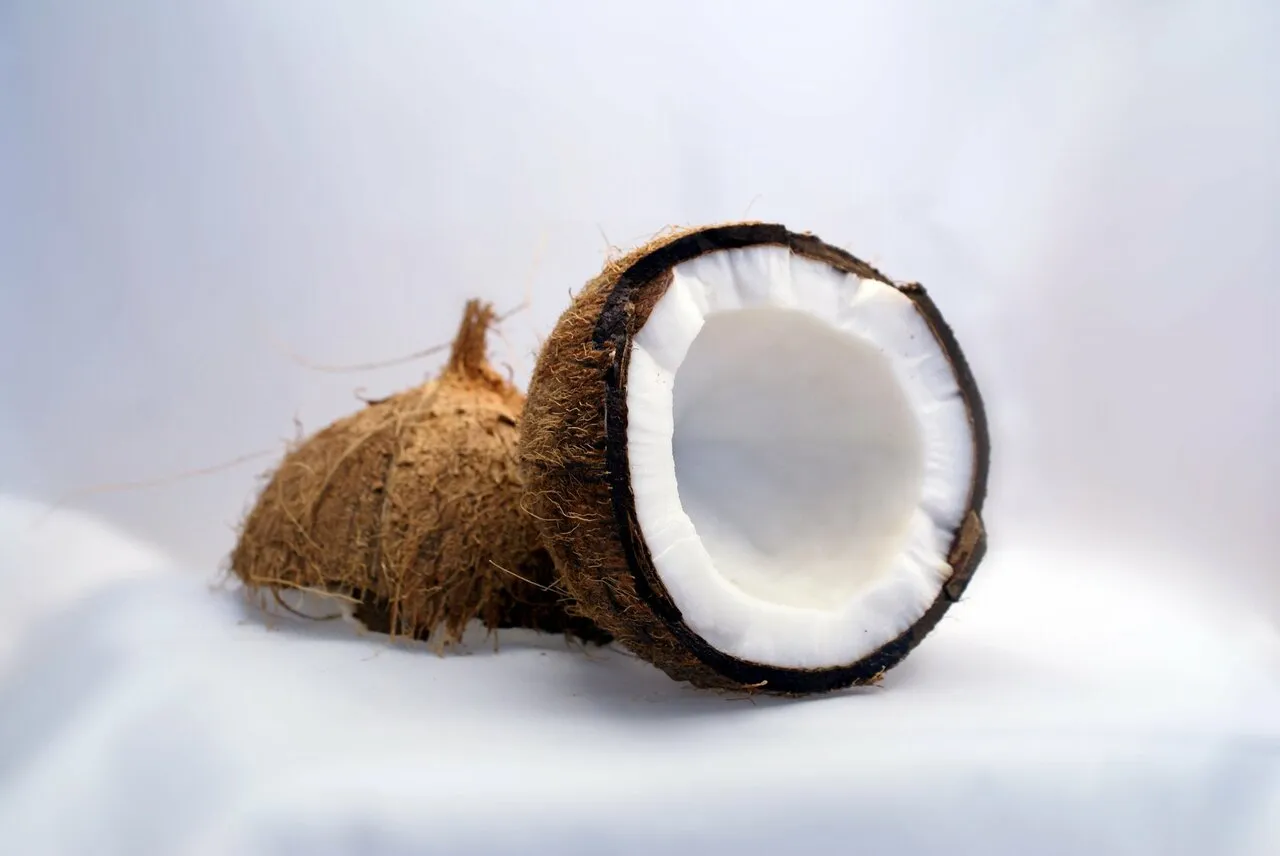Coconut oil prices soar in Asia, shifting to premium segment

Coconut oil prices in Asia are surging, transforming the product into a premium commodity. India, the largest consumer, has seen prices triple over the past two years due to supply shortages and rising demand. Experts warn that shifting consumer preferences could drive up prices for alternative oils—palm, soybean, and sunflower, according to Reuters.
In India, cost-conscious households are increasingly opting for more affordable refined sunflower oil for daily use, reserving coconut oil for traditional dishes where its flavor is essential. Prices in India have soared to a record 423,000 rupees ($4,840) per tonne, while global CNUT-PHID-P1 quotes reached an all-time high of $2,990 per tonne. The price surge began in the second half of 2024, driven by production challenges in Southeast Asian countries caused by droughts, pests, and diseases.
The International Coconut Community (ICC) forecasts that prices will remain between $2,500 and $2,700 per tonne in the second half of 2025 due to high demand and limited supply. This is significantly higher than 2023 levels, when prices hovered around $1,000. Although supply typically increases in the second half of the year with the new harvest, a Singapore-based trader notes that prices are unlikely to drop below $2,000 anytime soon.
Global coconut oil production is declining due to aging palm trees, insufficient replanting, and a lack of quality seed material, explains Dorab Mistry of Godrej International. According to the USDA, world production in 2024–2025 was 3.67 million tonnes, showing no significant growth over the past three decades. Unpredictable weather, including El Niño, droughts in Indonesia and Malaysia, or typhoons in the Philippines, further complicates coconut cultivation.
Low prices in previous years and COVID-19 lockdowns led to neglected plantations, reducing yields. The social media-driven popularity of coconut water has prompted farmers to harvest coconuts earlier, further limiting the supply of mature nuts for oil and copra production. This has driven up prices not only for oil but also for green coconuts, copra, coconut milk, and powder, impacting cosmetic producers who value the oil for its lauric acid content.
Coconut oil is significantly more expensive than its main competitor, palm kernel oil, with a record premium of $1,000 per tonne compared to the usual $100–$200. Meanwhile, palm kernel oil prices have risen 30% this year, and a shift in demand could increase prices for other oils, warns Joe Ling of Malaysia’s Linaco Group. In Indonesia, farmers are prioritizing whole coconut exports, reducing oil exports by 15% in the first half of the year, while shipments of dried coconut and endocarp surged by 58%.
High import duties in India (over 100%) restrict coconut oil imports, and the local processors’ association has called for a temporary export ban to stabilize domestic prices. While farmers are expanding plantations due to high prices, new plantations in India will only yield harvests in 4–5 years, making price reductions unlikely in the near term. The current upward price trend is likely to establish a new norm in the coconut oil market.
For almost 30 years of expertise in the agri markets, UkrAgroConsult has accumulated an extensive database, which became the basis of the platform AgriSupp.
It is a multi-functional online platform with market intelligence for grains and oilseeds that enables to get access to daily operational information on the Black Sea & Danube markets, analytical reports, historical data.
You are welcome to get a 7-day free demo access!!!
Read also
Abbey Commodities – General Partner of BLACK SEA GRAIN.KYIV-2026
Black Sea & Danube Barley Market at a Turning Point: Demand Pressure and Regi...
US Supreme Court rules Trump’s emergency duties illegal
Mercosur: Protective measures for European agriculture
US makes concessions on pulses in new trade deal with India
Write to us
Our manager will contact you soon



